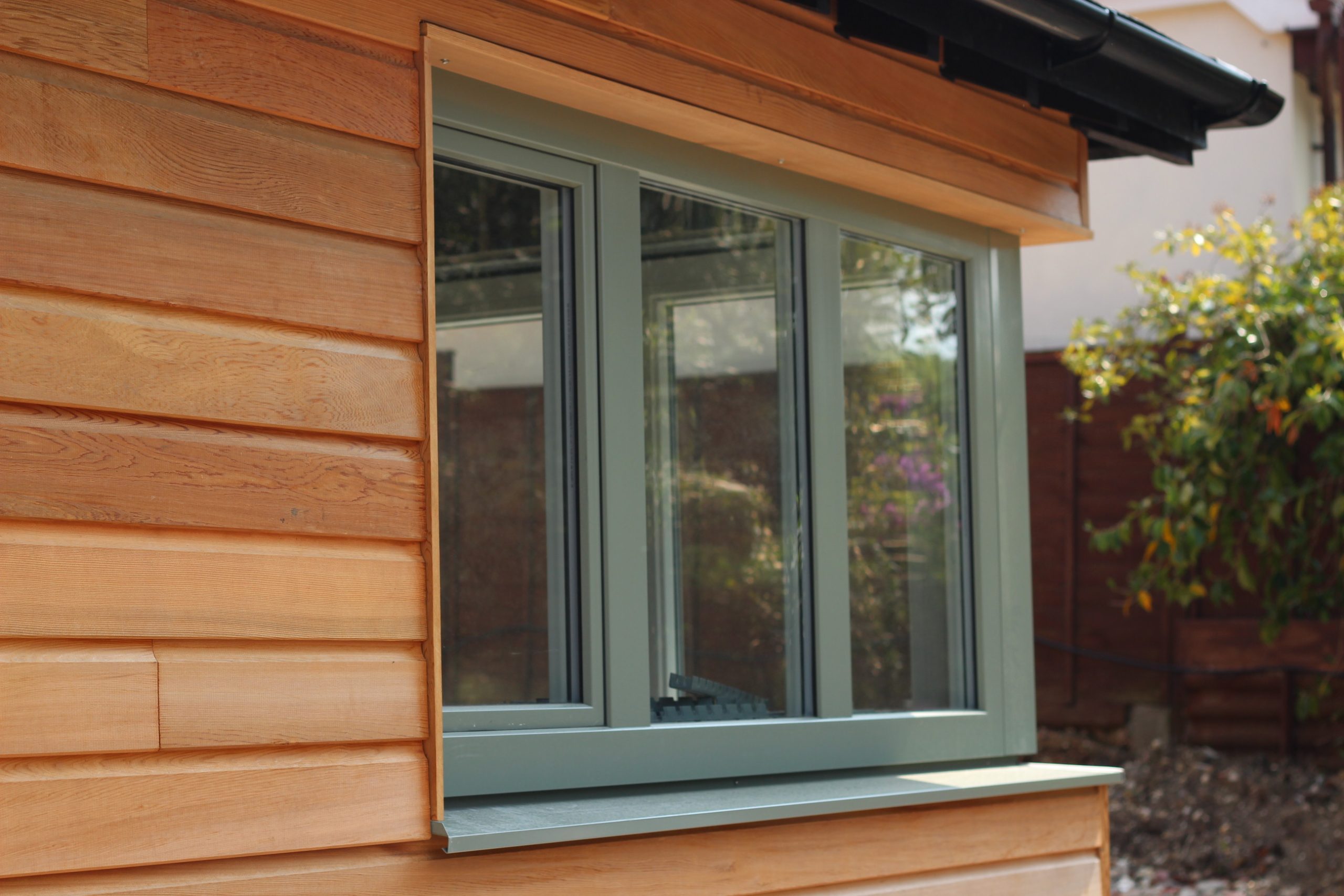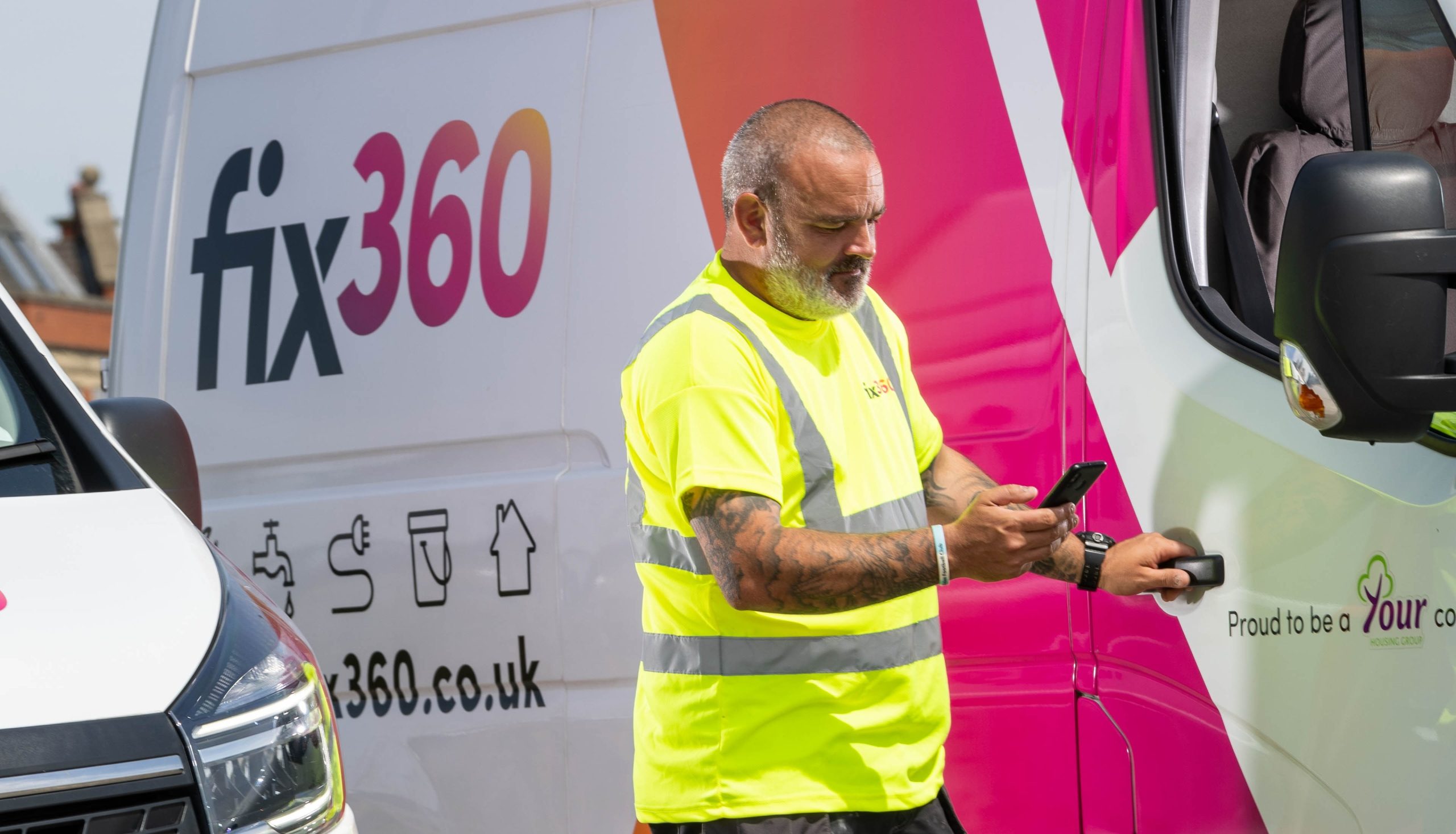Uncovering The Unintended Consequence of Digitalisation

With older adults living in social housing continuing to grow, coupled with the rise of digitalisation of housing stock could be compounding digital inclusion issues. Housing Industry Leaders highlight how the Welsh Government is tackling the unintended consequence of more tech in social housing.
While implementing technology on the surface would seem to be the best way to reduce the digital divide, more needs to be done to ensure residents in social housing are aware of how to use technology.
Acknowledging this issue, the Digital Inclusion team at the Welsh Government is working on a minimum digital living standard for the country’s population.
Universities and Charities Understand The Role They Play
To do this, clearer definitions of what it means to be digitally included rather than excluded will set a better benchmark and assessment criteria to ensure tenants are able to use the new technology in their houses.
Much of the work comes through charities and universities, with the Universities of Liverpool and Loughborough, digital inclusion charity Good Things Foundation, and the Cwmpas development agency all involved.
The standard takes account of a basket of digital goods, including types of devices, broadband speed and/or mobile data and basic digital skills.
The First Phase Has Already Been a Success
The first phase was completed to better understand the need of households across the social housing sector, not just the elderly and establish the range of support stakeholders can offer.
Building on this, the next phase will explore the definition of a minimum digital living standard with groups of people most at risk of digital exclusion. These include older and disabled people, ethnic minority communities and social housing residents.
The project outlines the definition of the standard as: “A minimum digital standard of living includes, but is more than, having accessible internet, adequate equipment and appropriate training and support. It’s about being able to communicate, connect and engage with opportunities and with confidence.”
Whether this can be implemented on a wider scale across the UK remains to be seen, but mitigating the unintended consequences of increasing digital technology in housing stock is essential, especially as technology is a key factor to housing decarb targets.

